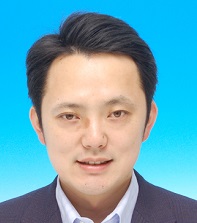Bio
Kunio Nishikawa is an agricultural economist and an associate professor of Ibaraki University. As part of his research, he engages in extensive field surveys in Ibaraki, Yamagata, Hiroshima and Shimane prefectures, where he collects information and conducts interviews with farmers, local government officials and regional cooperative representatives. In doing so, he seeks not only to clarify how agricultural policy changes are affecting farm management and the structure of agriculture in Japan, but to contribute to the policymaking process. His research achievement was compiled in Policy Change and “Ninaite” on Paddy Field Agriculture published by Norin-Tokei-Kyokai and Features of Structural Change in Shonai Region published by Agricultural Policy Research Committee (both written in Japanese).

